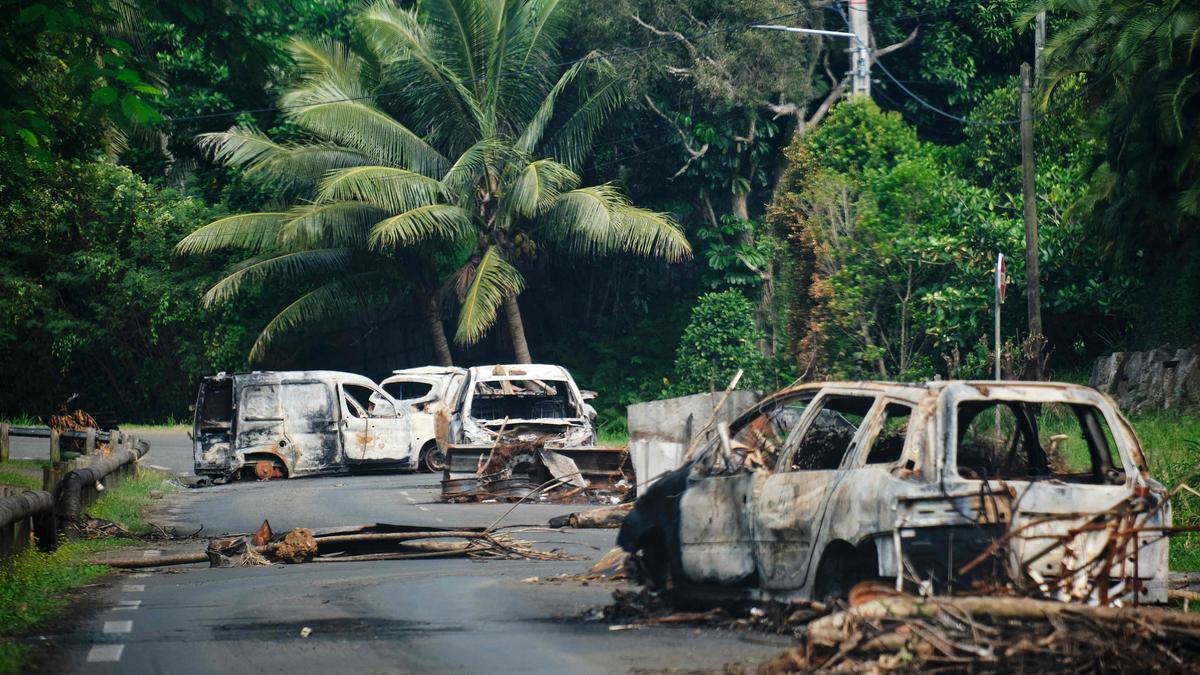The recent unrest in New Caledonia: On June 3, the Socialist Kanak National Liberation Front (FLNKS) of the French territory of New Caledonia demanded that French President Emmanuel Macron abandon the proposed electoral reform changes.
What triggered the protests?
Protests and riots broke out in New Caledonia following the French parliament’s decision to amend the electoral list, allowing for the inclusion of individuals who have lived in the territory for at least 10 years. The Kanak community, who make up 43% of the population, objected to this change, claiming it would diminish their electoral influence and marginalize them in the political landscape. The amendment would potentially shift the balance of power towards the French loyalists, affecting the future of decolonization and altering the political dynamics in the region.
Historical background of New Caledonia:
New Caledonia, originally inhabited by the Kanak people, came under French control in 1853. Following World War II, the Kanaks were granted French citizenship, but an influx of French migrants in the 1960s led to a decrease in Kanak population. This demographic shift, coupled with socio-economic disparities and limited political representation, fueled the independence movement and the formation of the FLNKS in 1984. Tensions between Kanaks and loyalists escalated until the Matignon agreements in 1988 and the Nouméa Accord in 1998, which granted more autonomy to the territory and allowed for independence referendums.
However, recent referendums in 2018 and 2020 favored remaining part of France, leading to disillusionment among Kanaks. The refusal to postpone the 2021 referendum due to COVID-19 concerns further strained relations with the French government.
Why seek independence?
Post World War II, the Kanaks experienced “settler colonialism” as French migrants dominated the economic and political landscape, perpetuating social inequalities. Despite promises to address these disparities, poverty rates among Kanaks remain high, reflecting a lack of progress. The proposed electoral changes are viewed as a threat to Kanak autonomy and a move to maintain French control.
French perspective:
France aims for stability in the region to protect its citizens and maintain its presence in the Indo-Pacific. The strategic importance of New Caledonia, both economically and geopolitically, complicates efforts for independence. Integration into French governance aligns with France’s Indo-Pacific strategy, despite Kanak aspirations for independence.
The authors are researchers at NIAS, Bengaluru.








































